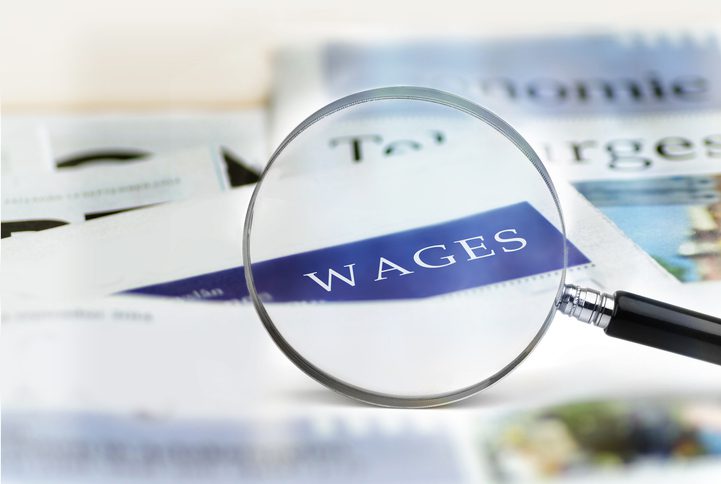Regulators are inspecting Chinese P2P lenders for compliance with new rules issued last year; specifically lenders must partner with a custodian and limit loans to RMB 1 million ($144,200) for individuals and RMB 5 million ($721,001) for companies; they are also not permitted to guarantee principal or interest; the country currently has more than 2,400 P2P lenders; experts expect the new rules will likely change the nation's P2P lending landscape significantly; Roger Ying, founder and chief executive of P2P lender Pandai stated: "[There] will be shakeouts, though good for those which are compliant. It will take time for P2Ps to move to custodian banks. Presumably the most risk for investors is with P2Ps who do not have escrow [or] custodian bank accounts as retail investor sentiment is low." Source
An investigation regarding fraudulent fundraising from Chinese peer-to-peer lender, Ezubao, has been underway since February 2016; regulators have reported all of the fundraising projects on the site were fraudulent and that the firm collected $7.6 billion from approximately 900,000 investors; Chinese regulators have recovered $1.5 billion in assets which include real estate, jewelry, stocks, cars and helicopters bought for company executives of the parent company Yucheng Group. Source
A second regulatory reform focused on crowdfunding has gone into effect in France; the reform will broaden the offerings available for crowdfunded investing and lending; on crowdfund platforms, companies can now raise 2.5 million euros in equity funding through simple shares, plain vanilla bonds, preferred shares, participatory notes and convertible bonds; on crowdlending platforms, borrower limits were increased for qualified lenders to 2,000 euros individual lending per project; the reform also introduces new minibon debt securities. Source
The Securities and Exchange Commission (SEC), a financial government agency overseen by the Financial Stability Oversight Council, held a fintech forum discussing the industry; industry speakers included Ram Ahluwalia from PeerIQ and Matt Burton from Orchard; SEC speakers included Mary Jo White and Michael Piwowar; Mary Jo White focused on fintech responsibility suggesting thorough testing of various aspects of the business before introduction; Michael Piwowar focused on fintech sandbox testing and suggested that the SEC should be the lead agency regulating fintech; in an announcement on Monday, Mary Jo White also said she would be leaving her role in January. Source
The Securities and Exchange Commission (SEC) has requested that Lending Club provide increased disclosure on its loan portfolio and sources of funds also suggesting they improve non-GAAP reporting which is potentially misleading for investors; Lending Club has agreed to provide more disclosure and evolved its SEC filings accordingly however it has defended its non-GAAP accounting procedures, reporting it did not see the measures as misleading; recent requests for added disclosure as a publicly traded company are included in the SEC's last correspondence on November 4; the items remain open and the SEC's most recent correspondence is in addition to its review of the company following the replacement of its CEO in May. Source
The US Senate's Banking Committee majority leader says a full reform of Dodd-Frank is unlikely but the Committee will seek to pass targeted reforms; the Banking Committee majority leader also sees larger regulatory changes coming mainly from the independent agencies; the outlook means the Financial Choice Act led by House Financial Services Committee Chairman Jeb Hensarling is also unlikely to be passed in the Senate; "The Choice Act is our omnibus legislation, but we will also reintroduce its component bills," says Hensarling; a previous executive order from President Trump which halts new federal regulations or requires regulators to repeal two rules for every new one issued is also slowing the regulatory process. Source




